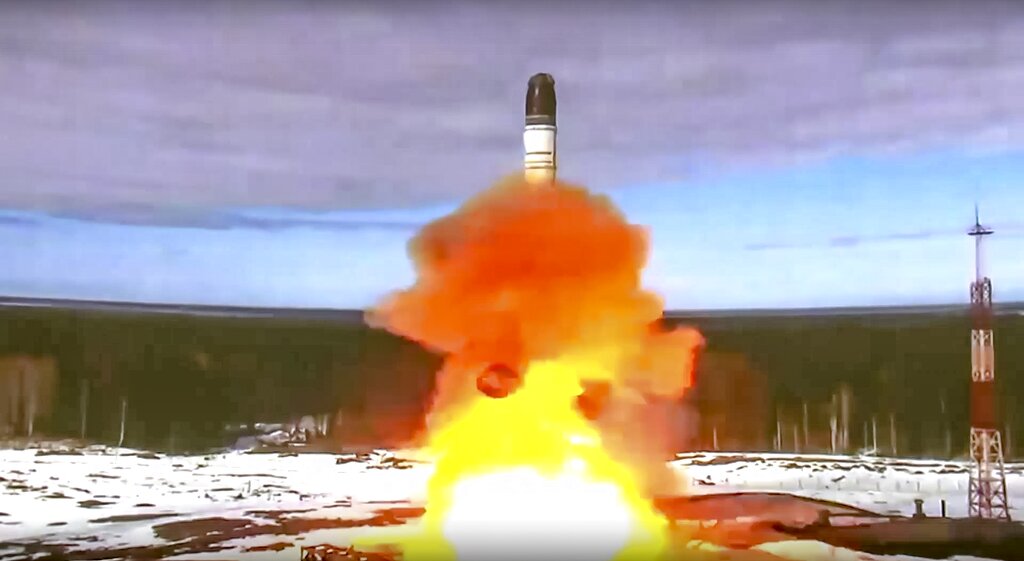A majority of Poles support Poland’s participation in NATO’s nuclear sharing program that would enable Poland to have nuclear weapons on its soil, latest polling revealed.
According to an opinion survey conducted for the daily Rzeczpospolita, 54 percent of the public are in favor of the proposal, while 29.5 percent are opposed. Among supporters of the government, 68 percent are in favor.
The nuclear sharing program enables a NATO member state to have nuclear weapons on its territory. Since 2009, American nuclear weapons have been held in Germany, Italy, Belgium, the Netherlands, and Turkey.
There has been some confusion around the issue of Poland participating in the nuclear sharing program. Polish President Andrzej Duda recently revealed that talks are ongoing between Poland and the U.S. about nuclear sharing.
However, the spokesman for the State Department, Vedant Patel, responded by saying that the U.S. has no plans to place nuclear weapons in the territories of states that have joined NATO since 1997, and the Polish Ministry of Foreign Affairs said it knew nothing about such talks. Meanwhile, Duda’s chief of staff Jakub Kumoch maintains that the matter was discussed between the two countries.
The survey by Rzeczpospolita daily, which was conducted before Monday’s aerial bombardment by Russia on Ukraine, also asked respondents whether they were worried that Putin would use nuclear weapons against Ukraine.
According to the survey, 49 percent are concerned about Russia’s nuclear threat while 39.5 percent are not. Most concerned about the escalation are women voters (56 percent), voters in rural areas (62 percent), and people aged 40-50 (68 percent). Some 50 percent of those voting for the ruling party shared this view, as did 54 percent of graduates.





